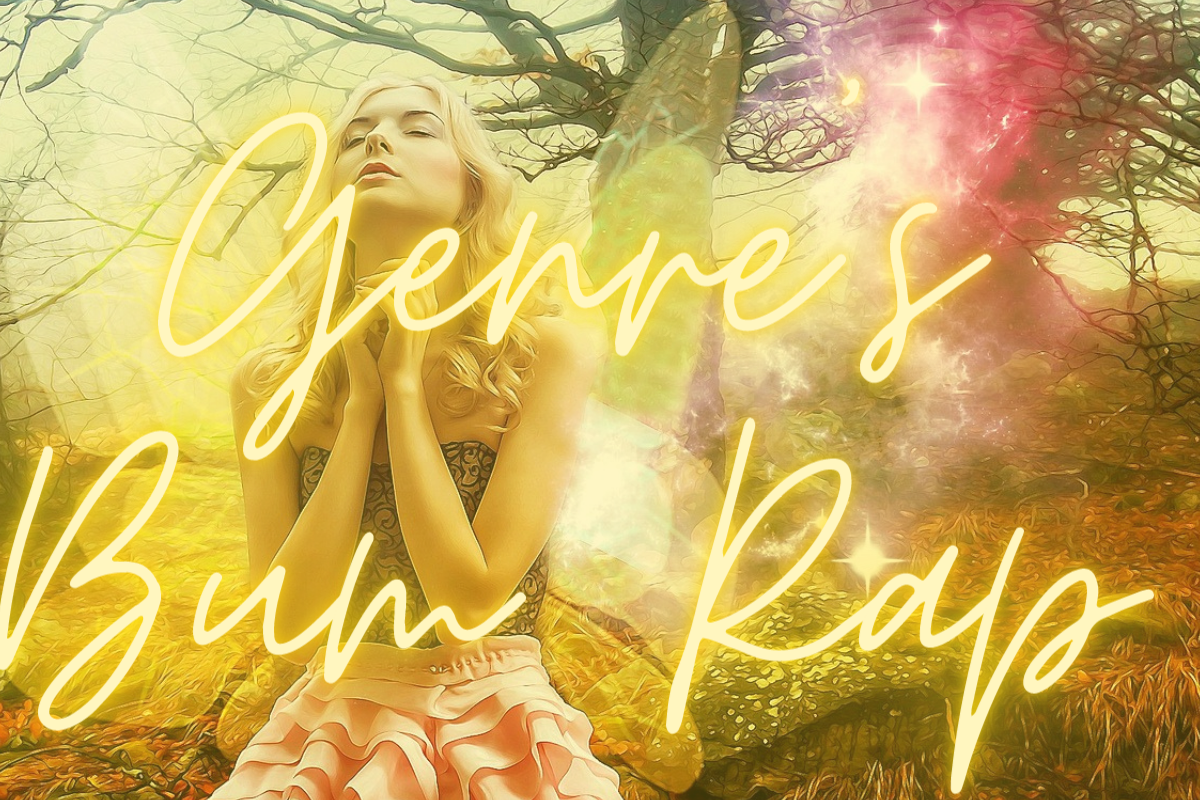Allow me to set the stage for you. Christmas time. I’m unwrapping a gift from my brother and his wife. It’s a book! Gone Girl by Gillian Flynn. I’m happy. I’ve wanted to read this one for a while. And then Jon says, “Yeah, I got it because I figured it was time for you to take a break from all that sci-fi crap you read.” Am I mad at him? No. It’s a brother’s job to poke fun at his little sister. Not even a job, but a sacred duty. And I won’t even point out that he loves “The Vampire Diaries” (I have a similar duty unto him) or that he chose Gone Girl (which was an incredible novel that I recommend) from my wishlist which means I obviously read more than just “that sci-fi crap”. But the comment does point to another more real problem that needs addressing.
What is really wrong with reading genre work, anyway? Nothing.
Yes, romance, science fiction, fantasy, mystery, horror, etc. novels can be formulaic and cheesy, but then, isn’t that true for any kind of art when it’s done wrong?
A good romance novel pulls you along on what you already pretty much know will be a road to a happy ending and still manages to surprise you. A good science fiction novel has a strong message about technology, the future, the other. Fantasy, when done correctly, can deal with the meaning and implications of power. A good horror novel can keep you jumping. A good mystery or suspense novel still throws you for a loop no matter how many novels of its type you’ve read.
So what separates the good from the bad?
– Strong Characters. A character with an interesting motivation. Someone we want to follow, maybe not in a traditional way, but we have to root for them or against them with a force created by our love or hate for them. Ho hum characters, formulaic characters just won’t do. Plot is what draws people into a story – characters are what keep them there.
– An interesting plot. You can have the best characters ever, but if all they do is sit and knit all day (no offense to all you knitters out there!) nobody is going to read past the first chapter. For a genre story to be good it has to have something interesting about it that makes the tale unique. Without that, the story just becomes another one of those formula genre novels. There is fun to be had in those as well, but if you’re looking to stand out or blaze your own trail, you need a good hook.
– A theme. You need to have something to say and you have to want to say it loud. Look at The Hunger Games and what it says about entertainment and excess. Look at the Chaos Walking series (if you haven’t read this one, do it NOW) or Ender’s Game and what they say about the nature of war. What Divergent says about the parts of us that come together to make us whole. What the Otherworld series says about the deeper parts of our nature. I, Robot about the dangers of technology. Do Androids Dream of Electric Sheep? about the nature of humanity. Gone Girl has a lot to say about the pitfalls of marrying someone we only think we know and the ways people change under duress. They are great because they have something to say. They weren’t merely created to fit a preordained mold.
And sometimes genre is more interesting, at least to me, for much more juvenile reasons. Robots and monsters and cool gadgets and magic and sex and murder and badassness…and that’s kind of a fun thing to tap into.
I would like to wrap this blog up with one of the most ridiculous arguments I’ve heard against science fiction and fantasy – which is that they aren’t real. They could never happen. And that makes me wonder what that person is even reading fiction for? In that case, they would probably better enjoy a biography. Those are interesting, too, but they aren’t escapism.
For that? Well, I’ll go back to reading my science fiction book right now.
What are your thoughts on this? Let’s chat in the comments section below.

